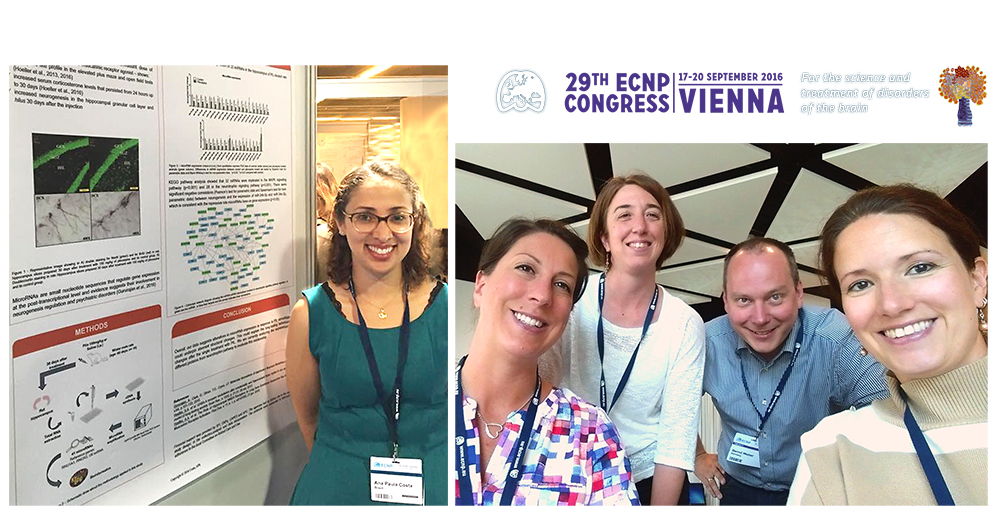In This Section
- Home
- Staff Profiles & Phone Book
- About the Department
- Welcome from Head of Department of Anatomy and Neuroscience
- A History of the Department
- A history of the Department; The early years to the 1980s
- A history of the Department; The move from the Windle Building to BSI and WGB
- UCC Professors of Anatomy and Heads of Department
- The development of the UCC HUB
- Current students, recent research graduates and awards
- Useful Links
- Study Anatomy
- Study Neuroscience
- Research
- Neural circuitry underlying Neuropsychiatric and Neurological Disorders 2026
- Neurogastroenterology 2026
- Developmental Neuroscience and Regeneration 2026
- Neurodegeneration 2026
- Neuroinflammation 2026
- Neuroprotection and Therapeutics 2026
- Neuroproteomics and Molecular Psychiatry 2026
- Anatomy Education Research 2026
- Research Facilities 2026
- Postgraduate Research Programmes 2026
- UCC Anatomical Donations
- Biosciences Imaging Centre
- BSc Medical and Health Sciences
- News & Events
- News Archive 2024
- News Archive 2023
- News Archive 2022
- News Archive 2021
- News Archive 2020
- News Archive 2019
- News Archive 2018
- News archive 2017
- News Archive 2016
- News Archive2015
- News Archive 2014
- News Archive 2013
- News Archive 2012
- News Archive 2011
- BRAIN AWARENESS WEEK 2023
- Department Events and Conferences
- Seminar series 2019_2020
- photo galleries
- Narrowing the void Conference 2023
- Photos of BSc Medical and Health Sciences Mentoring launch 2022
- International Women's Day 2023
- 2023 BRIGHT FUTURES - Celebrating our researchers
- 2023 UCC Futures - Future Ageing & Brain Sciences
- Recent Graduations July 2023
- Anatomy and Neuroscience Top 100 Anatomy Physiology 2023
- BRAIN AWARENESS WEEK 2023 FUN AND GAMES EVENT
- Medical and Health Sciences First year class 2023
- 2023 Brain Awareness week Scientific discussion photo gallery
- World Anatomy Day 2023
- BSc MHS MENTORING PROGRAMME 2023
- BSc Medical and Health Sciences Graduation 2023
- BSc Neuroscience Graduation Photo Gallery 2023
- Dr Kathy Quane Nov 2023
- THANKSGIVING PHOTOS 2012
- Photo Gallery: Society of Translational Medicine Careers Fair 2023
- Photo Gallery:2023 TRAIN AWARDS
- Photo Gallery:2024 Creative Week St Joseph's NS
- Photo Gallery: Department of Anatomy and Neuroscience Thanksgiving Service 2024
- Photo Gallery: Professor Aideen Sullivan farewell party
- Photo Gallery: Irish Pain Society Annual Scientific Meeting Cork 2023
- Photo Gallery: 2024 Medical and Health Sciences Graduation
- Photo Gallery: Medical and Health Sciences Meet and Greet 2024
- Photo Gallery: 2024 BSC NEUROSCIENCE Graduation
- Photo Gallery: 2025 INTERNATIONAL WOMEN'S DAY
- Photo Gallery: 2025 BSc Neuroscience class and staff
- Photo Gallery: 2025 BRAIN CONNECTIONS
- BSc Neuroscience Graduation Photo Gallery 2025
- World Anatomy Day 2025
- UCC Learning and Teaching Showcase 2025
- MSc Human Anatomy Graduation Photo Gallery 2025
- Narrowing the Void Conference 2023
- Department of Anatomy and Neuroscience Contact Us
Excellent departmental representation at ECNP meeting in Vienna

The Department of Anatomy and Neuroscience was very well representation at the 29th European College of Neuropsychopharmacology (ECNP) meeting 'for the science and treatment of disorders of the brain' in Vienna, Austria, from the 17th to 29th September.
Final year PhD Student Ana Paula Ramos Costa, working under the supervison of Professor John Cryan, was awarded a 'Countries with developing economies (CDE) travel award' for her poster entitled “Long-Lasting hippocampal microRNA expression changes caused by the anxiogenic agent pilocarpine in rats".
Dr. Shane Hegarty presented his latest work on intracellular molecules regulating growth of midbrain dopaminergic neurons in the Junior Scientist symposium discussing “Emerging targets for improved control of psychiatric disorders”. Shane was invited to speak at the ECNP Congress along with 15 other junior scientists, who were awarded the opportunity based on their presentation at the ECNP Workshop for Junior Scientists 2016 held in Nice, France in March.
,NicolasSingewald(Austria),JohnCryanandLirisHovatta(Finland)ed2WEB-750x510.jpg) Photo from left; Speakers Luisa Pinto (Portugal), Nicolas Singewald (Austria), John Cryan symposium organiser and speaker Liris Hovatta (Finland).
Photo from left; Speakers Luisa Pinto (Portugal), Nicolas Singewald (Austria), John Cryan symposium organiser and speaker Liris Hovatta (Finland).
In addition, the meeting included a symposium organised by Prof John Cryan entilted “Genetic and epigenetic regulation of stress sensitivity from mouse to man: relevance to anxiety and depression”. The symposium included talks by Nicolas Singewald (Austria), Luisa Pinto (Portugal) and Liris Hovatta (Finland), highlighting novel microRNA-based and other cutting-edge approaches to understand the molecular basis of stress-related disorders, such as anxiety and depression.
Dr Harriët Schellekens organised a symposium “Translational approaches in understanding hedonic eating and neuroplasticity”, which included talks by Susan Schembre (USA), Jesica Raingo (Argentina) and Bernd Weber (Germany). Novel evidence was presented on how gut-derived neuroendocrine factors and their interactions play a key role in synaptic transmission. Recent exciting evidence reinforcing the emerging concept that the gut microbiome plays a key role in the cognitive processes promoting reward-related behaviour, including hedonic eating in humans, was also presented.
The annual ECNP Congress is Europe’s premier scientific meeting for disease-oriented brain research, annually attracting between 4,000 and 6,000 neuroscientists, psychiatrists, neurologists and psychologists from around the world. (http://www.ecnp-congress.eu/).
The 30th ECNP meeting will be held in Paris on 2-5 September, 2017.Junior scientist can apply for travel awards and will avail of free registration, see http://2017.ecnp.eu/ for details.
Link to Videos/PDFs of the presentations online at http://www.ecnp-congress.eu/programme/provisional_programme.aspx#
Department of Anatomy and Neuroscience
Anatamaíocht agus Néareolaíocht
Contact us
Room 2.33, 2nd Floor, Western Gateway Building, University College, Cork, Ireland
